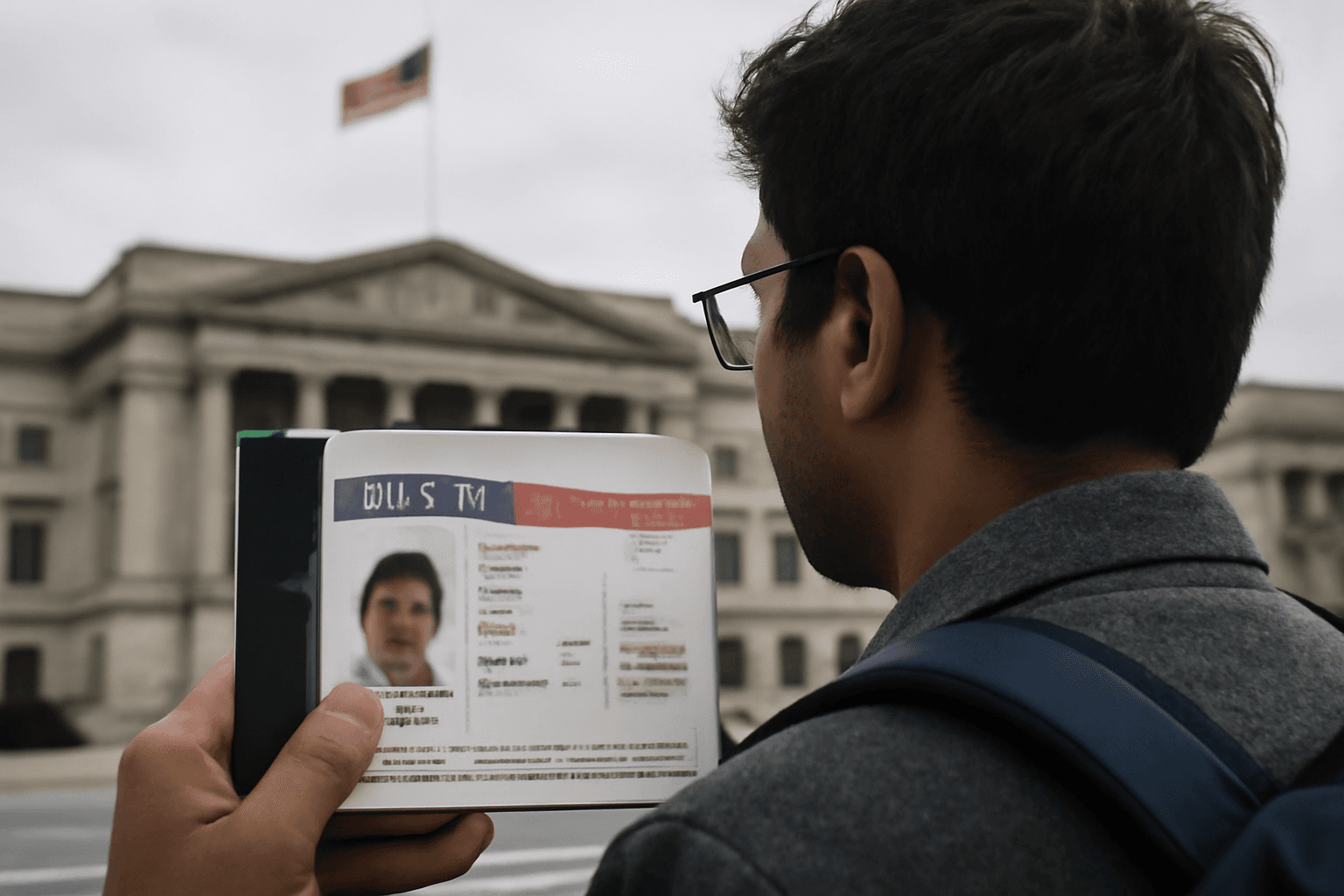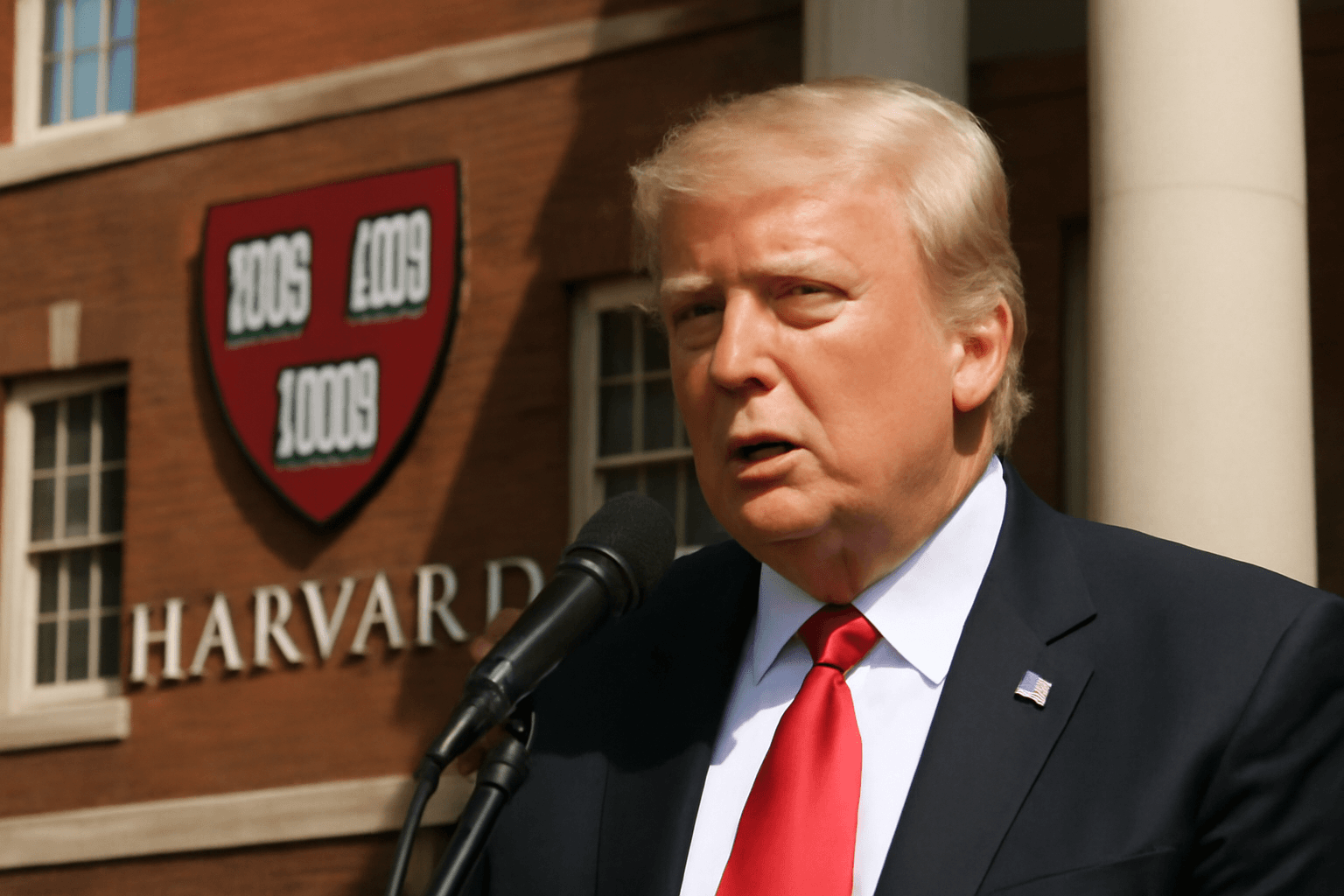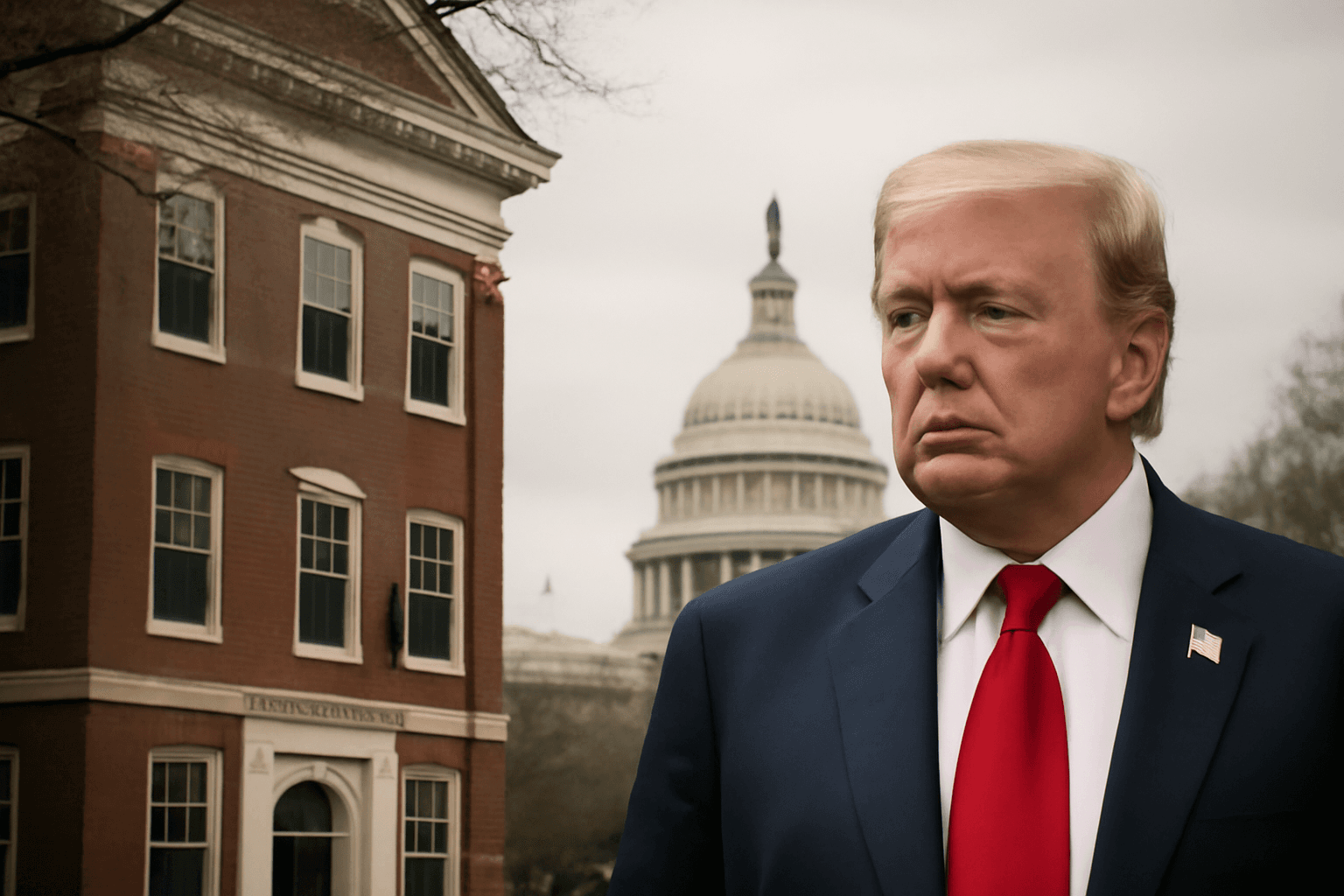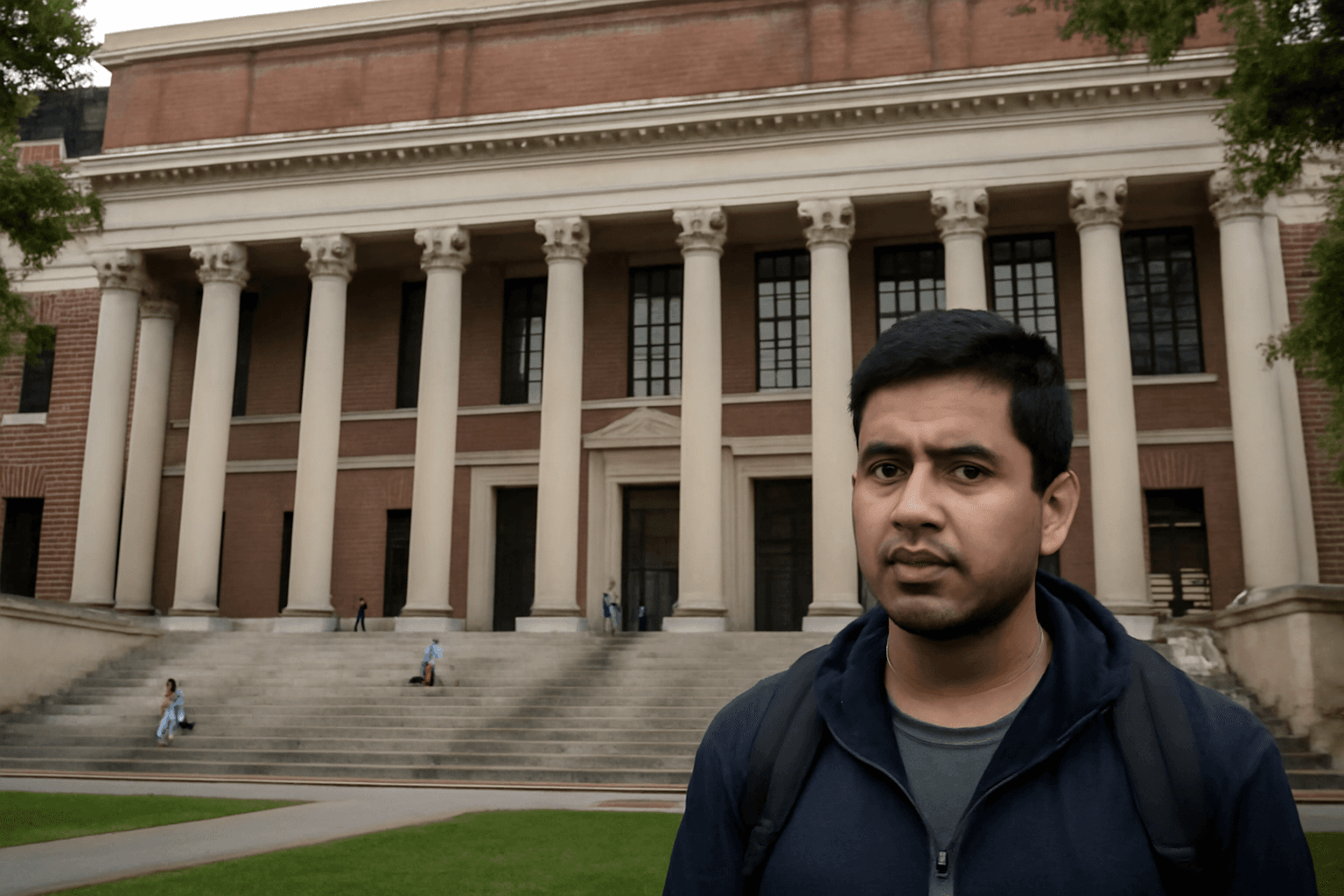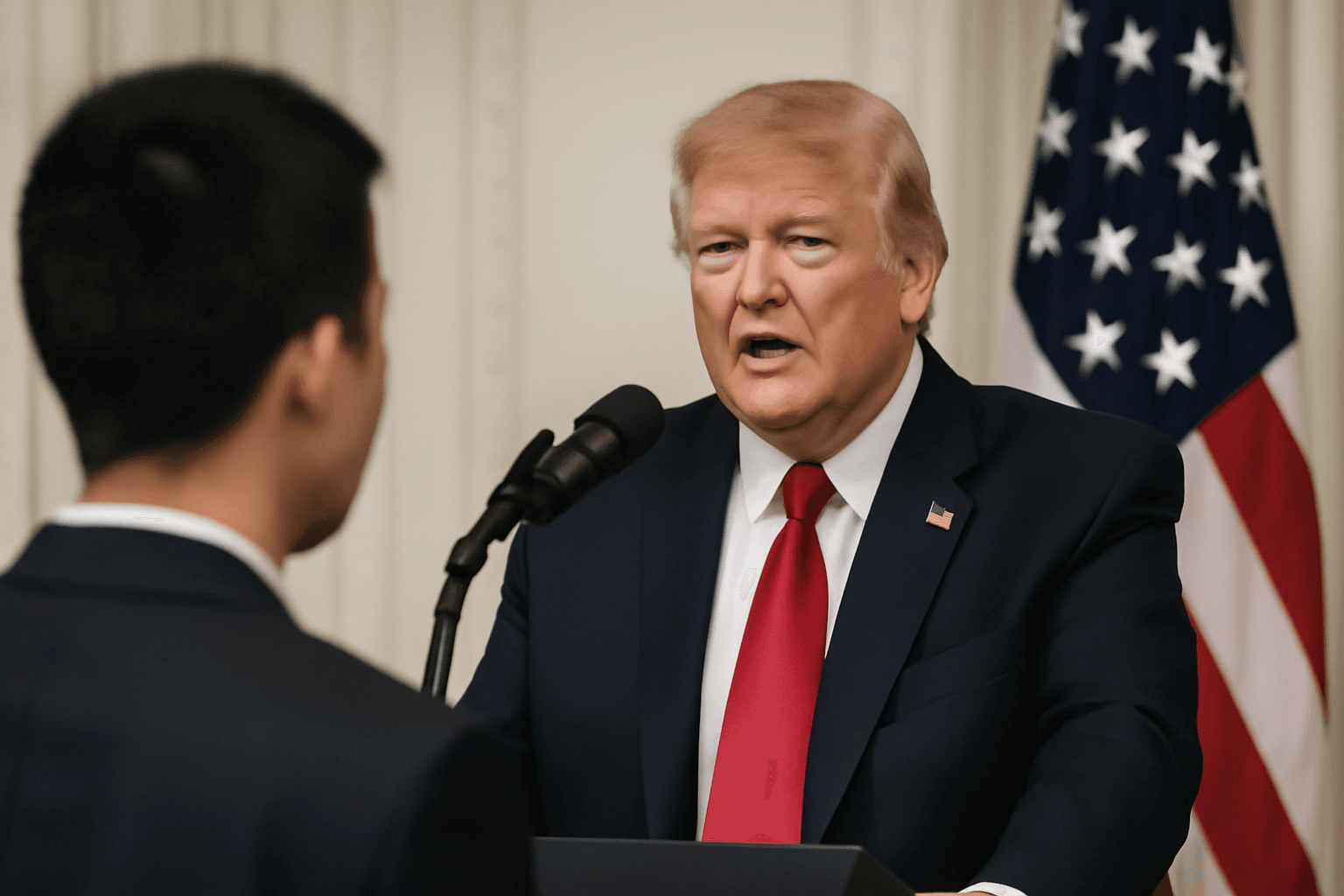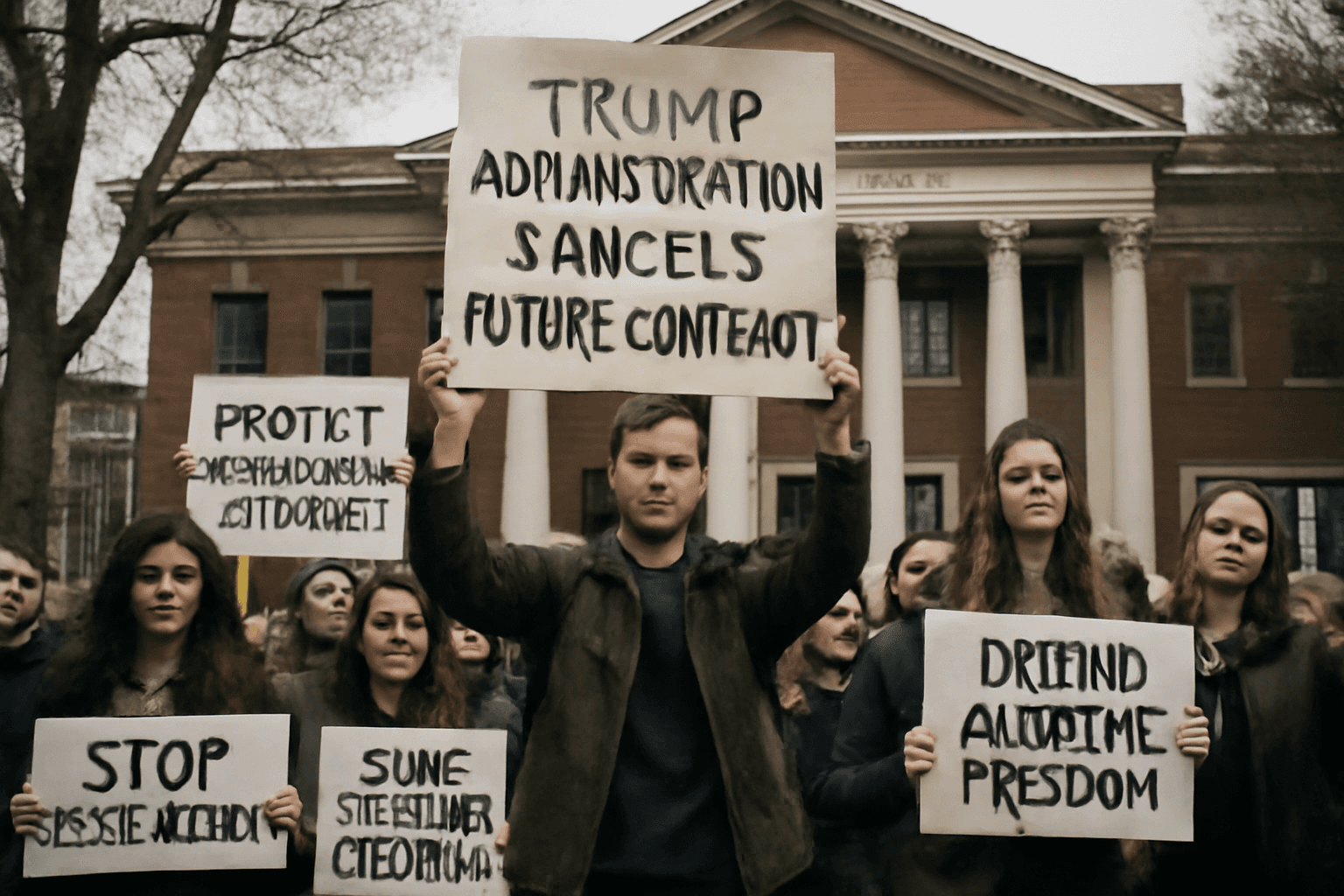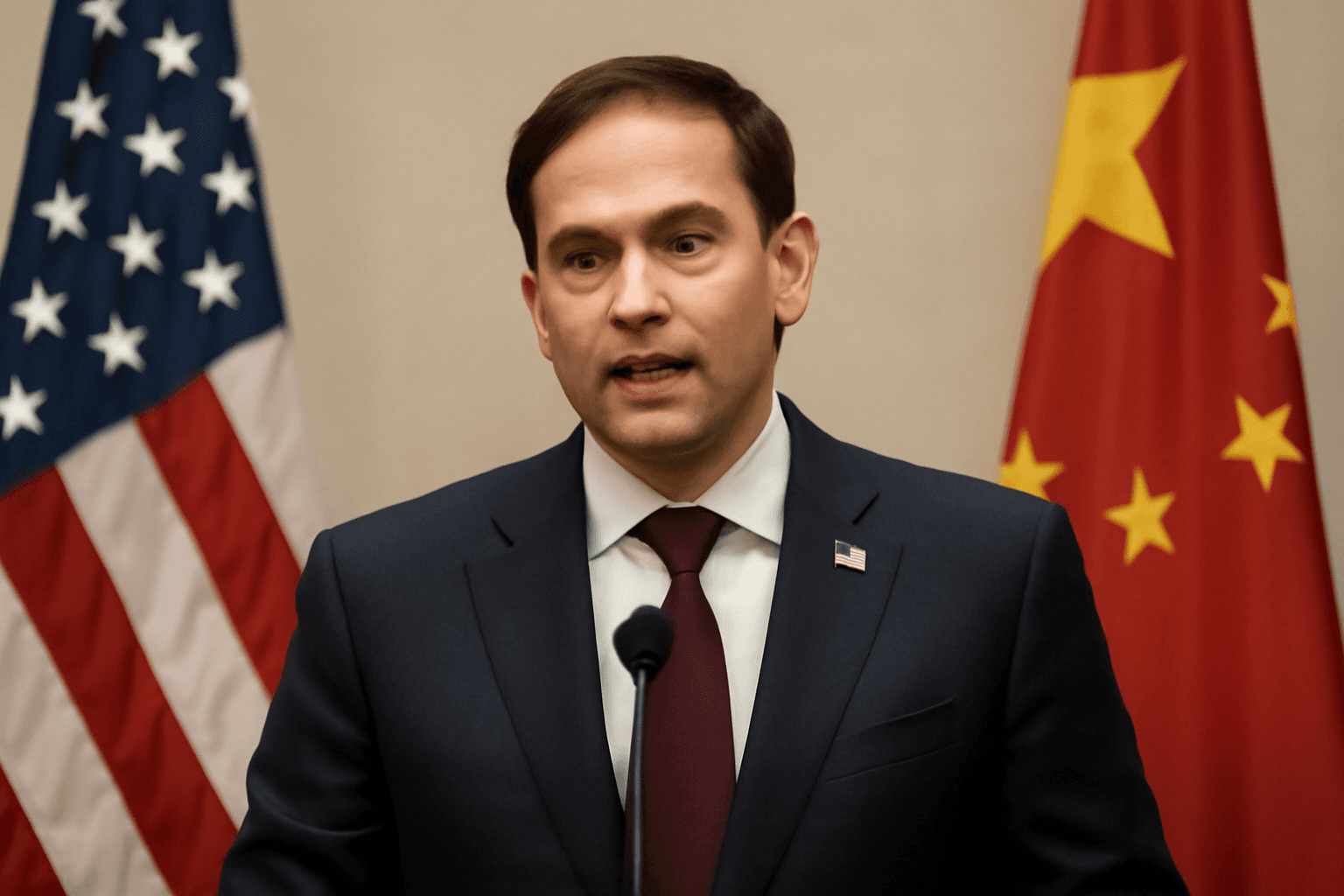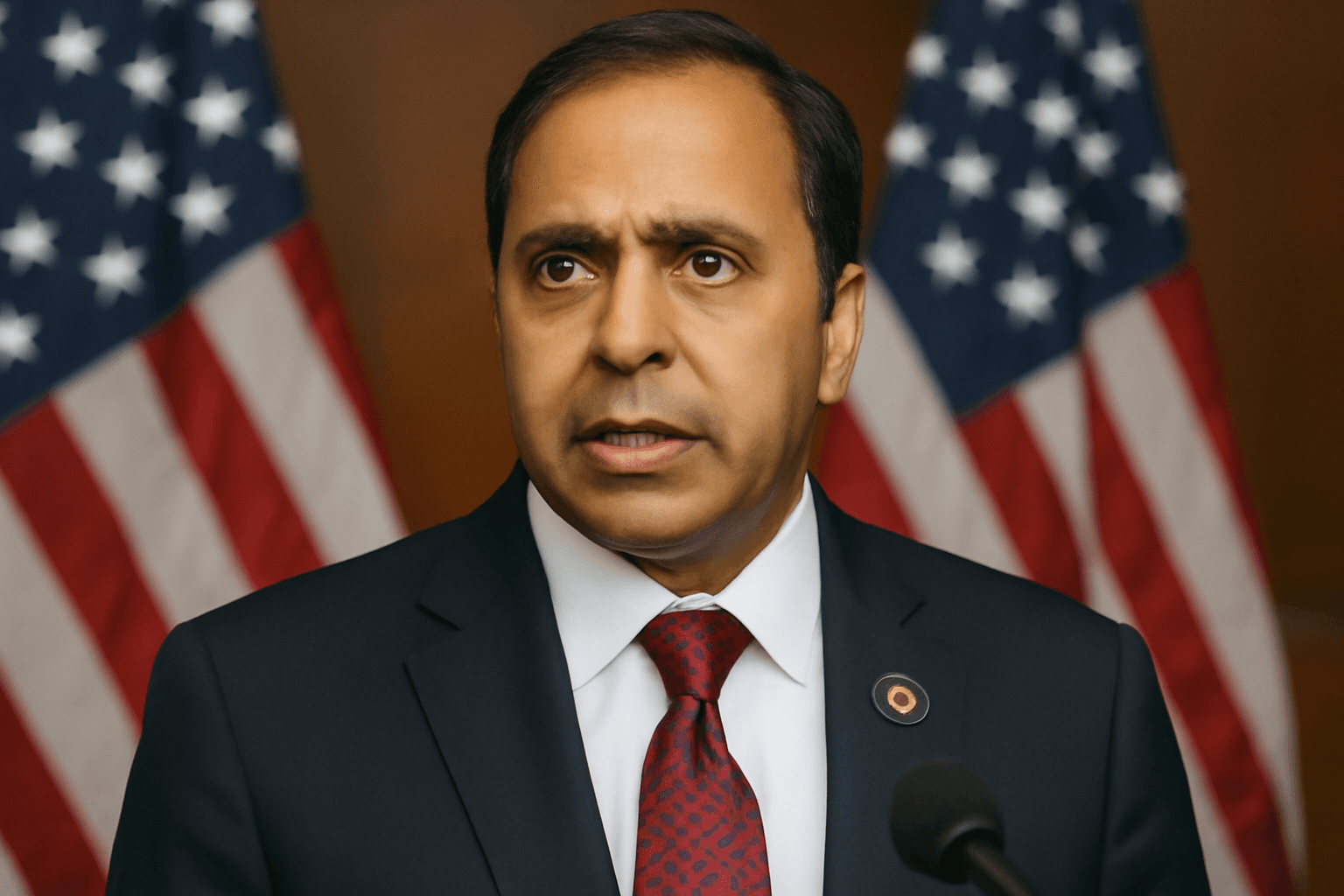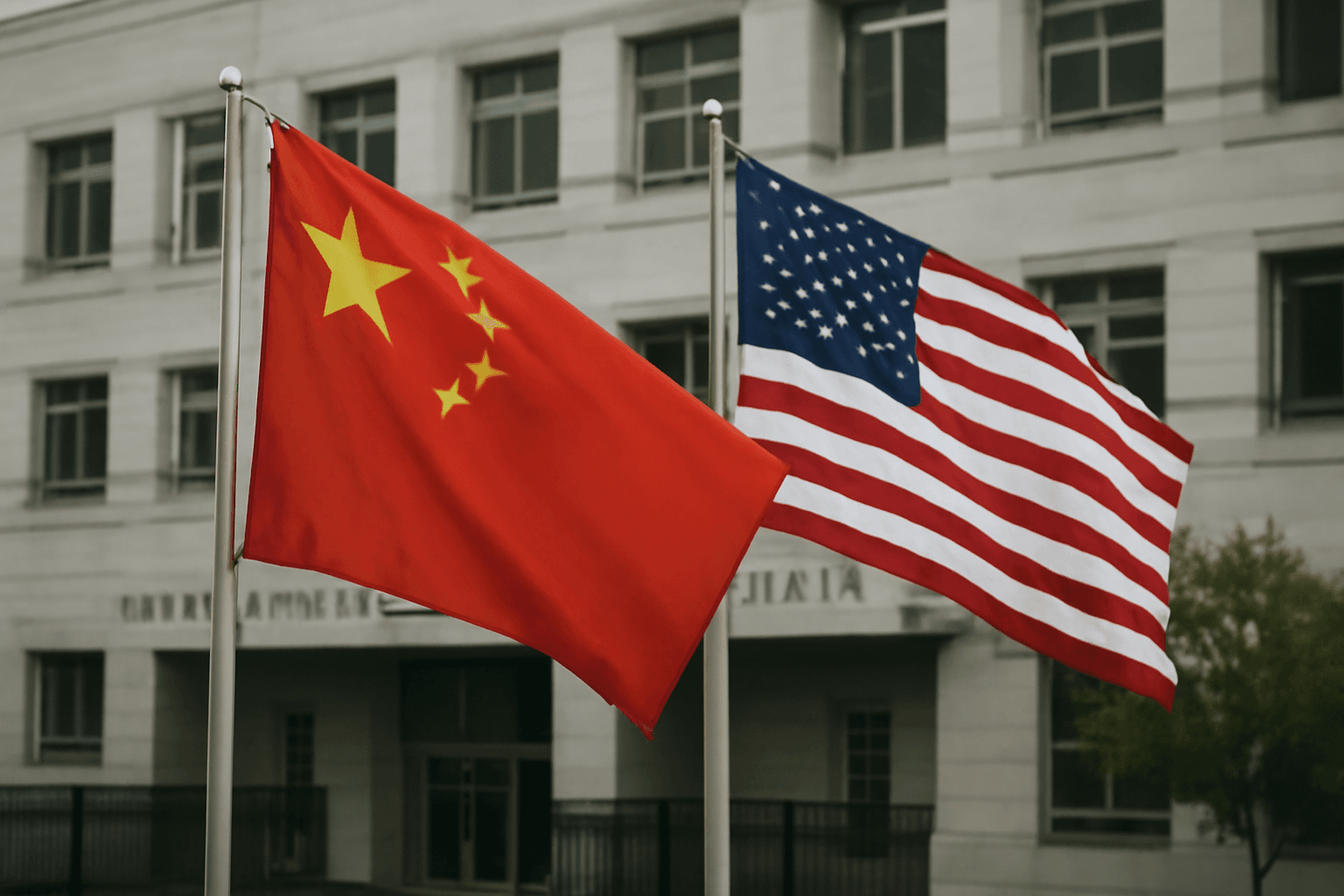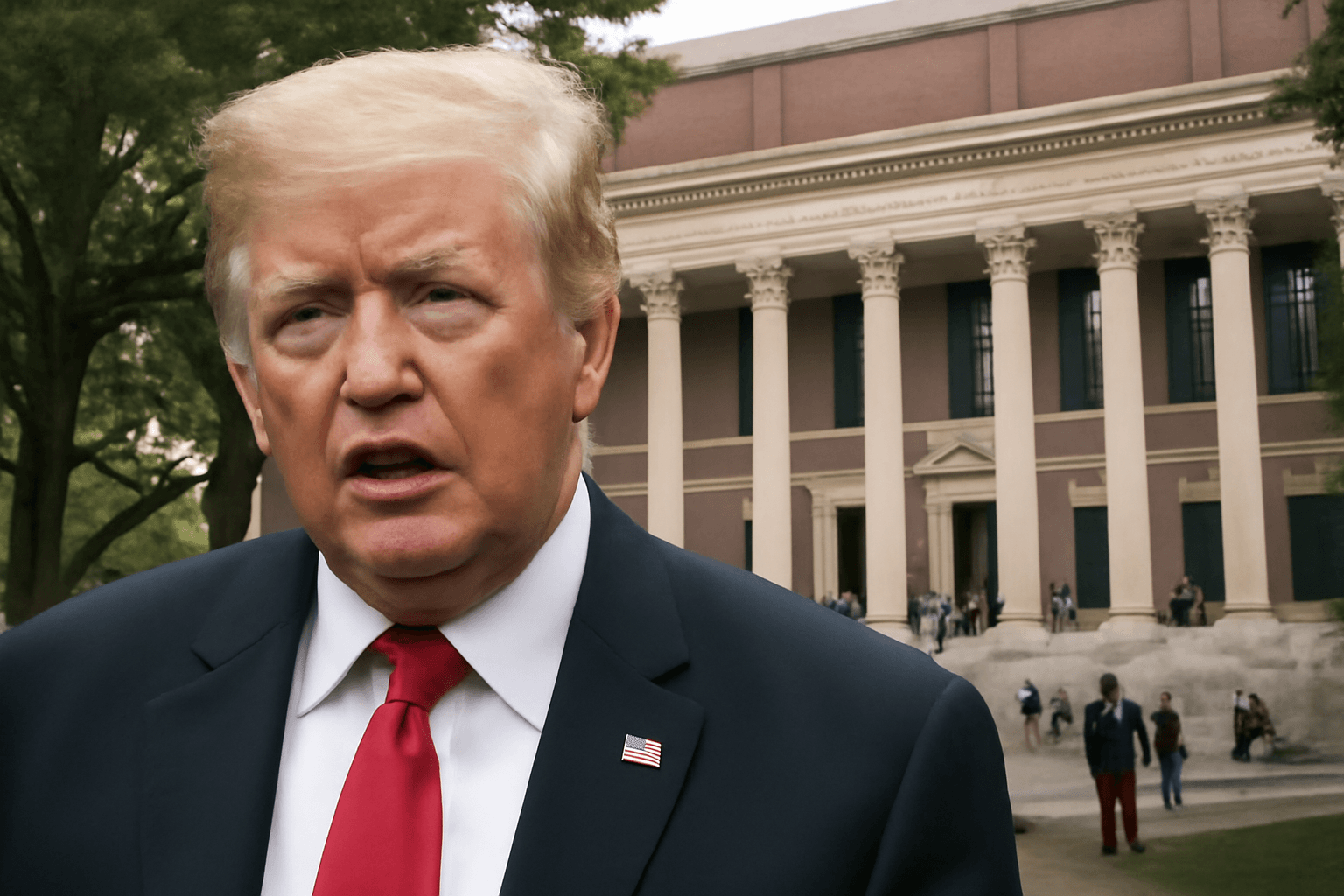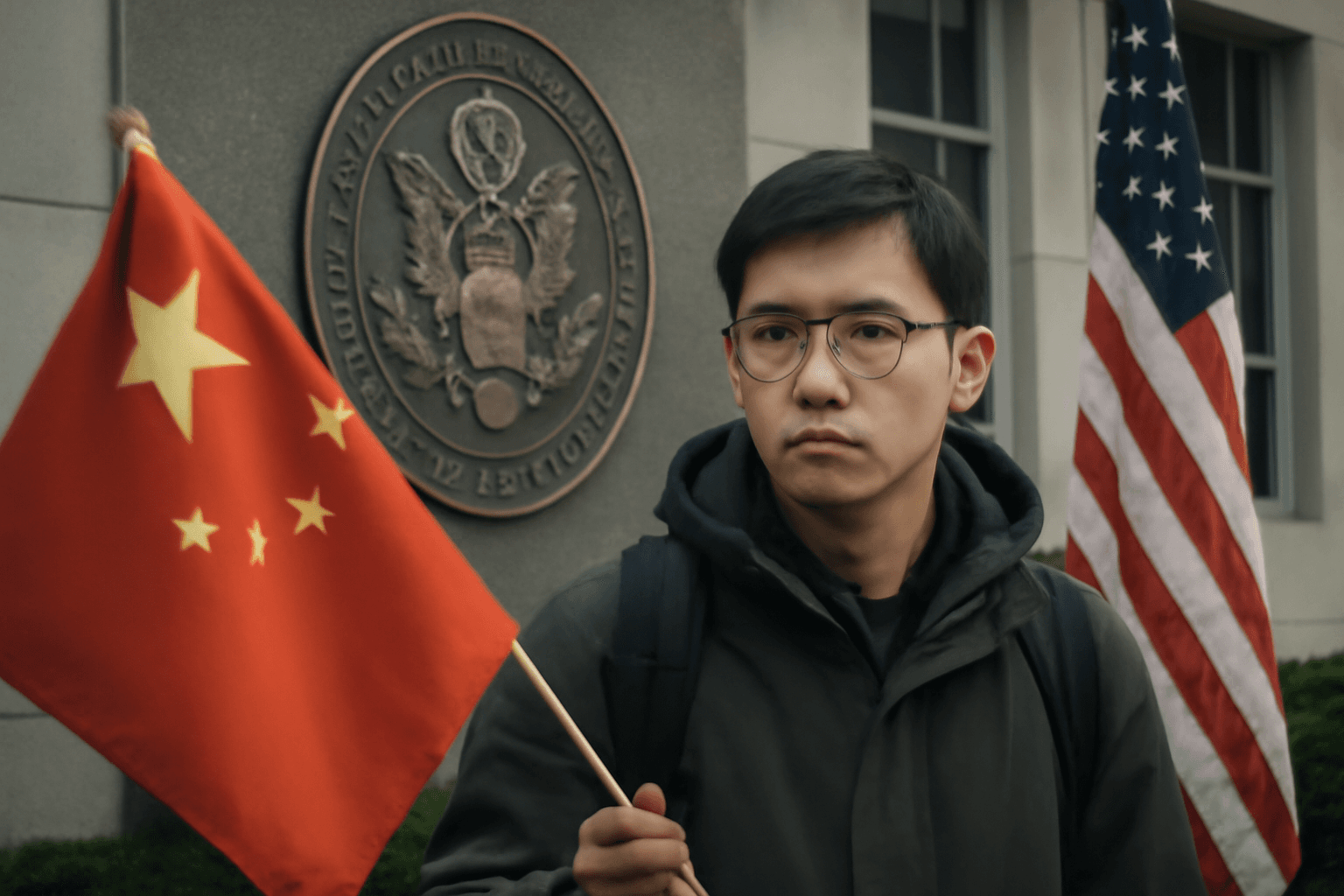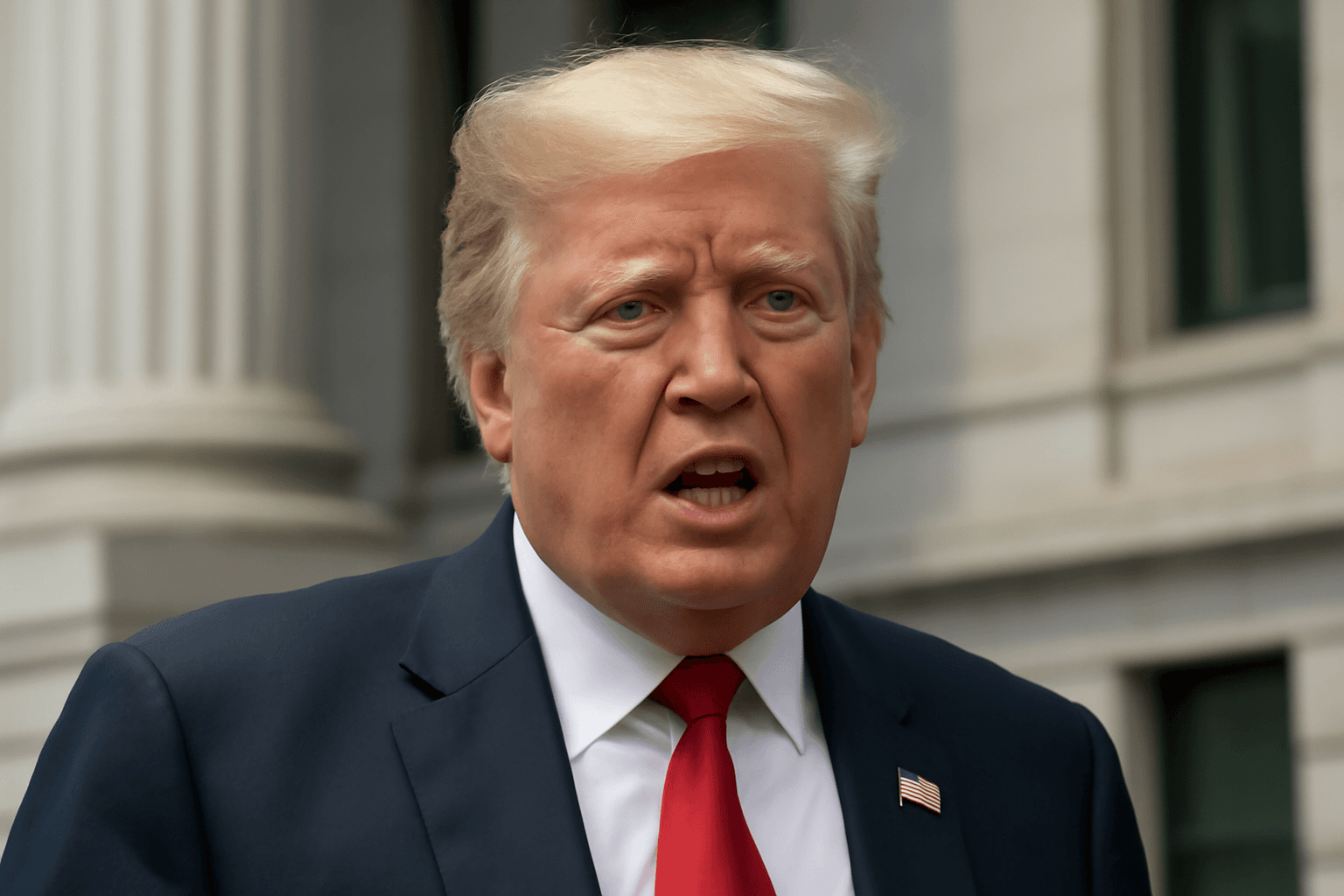In response to recent US government restrictions on international students, universities worldwide are intensifying efforts to attract scholars affected by the evolving policies. These measures come after actions by the US administration, including visa limitations and funding cuts, have created uncertainty for foreign students, particularly those from China and India.
Notably, Japan's Osaka University has introduced initiatives such as tuition waivers, research funding support, and assistance with travel logistics for students transferring from US institutions. Other leading Japanese universities like Kyoto and Tokyo are exploring similar opportunities. Meanwhile, Xi'an Jiaotong University in China is actively encouraging foreign students, including those from prestigious American universities, by offering streamlined admissions and comprehensive support.
Hong Kong's government has also directed its universities to recruit skilled students and researchers from the US. Meanwhile, several European countries, including Germany, France, and Ireland, have emerged as attractive alternatives for prospective international students seeking stable academic environments.
The US government's tightened visa policies and proposed increased taxes on top-tier universities have disrupted the international education market, historically a significant contributor to the US economy. Over 275,000 Chinese students are currently enrolled in American universities, injecting substantial economic value and serving as a talent source for technology firms.
Faced with these changes, many students are reconsidering their study destinations. A growing number are assessing options in the UK, Canada, Europe, and Asia-Pacific regions like New Zealand, Singapore, South Korea, and mainland China. For instance, some students have reported increased interest in British universities, although it remains early to determine whether this trend will lead to higher enrollment figures.
Financial considerations also play a crucial role; international fees and scholarship availability influence decisions on transferring. Despite these challenges, experts warn that the reputational impact of US policies may have longer lasting effects on global student migration patterns, affecting enrollment trends over the next one to one and a half years.
Students and university representatives emphasize the significant value international students contribute to US campuses and express concern that stricter restrictions could push talented individuals to seek opportunities elsewhere.


